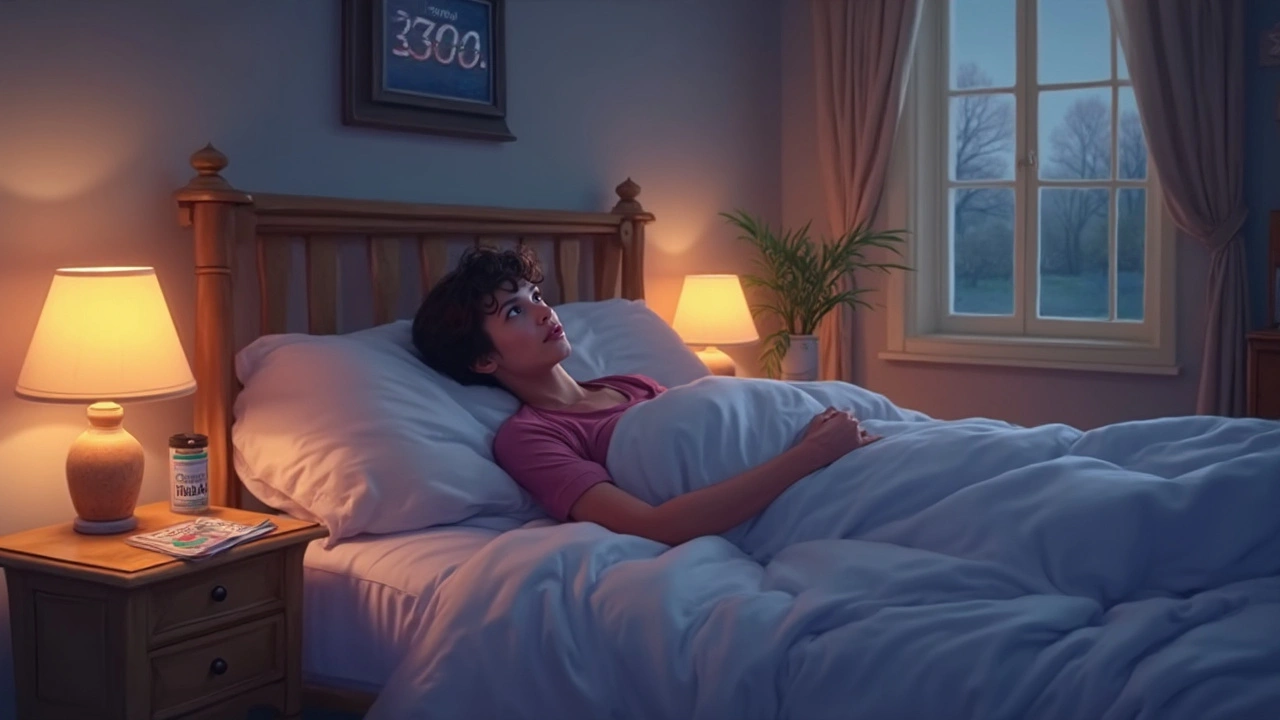Sleep Tips That Actually Work: Real Advice for a Restful Night
Tired of staring at the ceiling at 2 a.m.? You’re not alone. Solid sleep is about more than just closing your eyes. It’s about creating the right environment and sticking to habits your body can count on. Forget empty promises—let’s talk about the tweaks that make real change.
Start with your bedroom. Darkness really matters. Even a tiny light from your phone can throw off your body’s natural sleep clock. Try blackout curtains or a good sleep mask. Set your room temperature a bit cooler; most folks sleep best around 65 to 68°F. Blankets should feel cozy, not heavy or too warm.
Consistency works wonders. Going to bed and waking up at the same time trains your body. Yes, even on weekends. The payoff? Falling asleep gets easier, and waking up feels less painful.
Phones, tablets, and TVs are notorious sleep stealers. That blue light tells your brain it’s time to wake up, not wind down. Stick to books or soothing music the last half hour before bed. Try leaving your phone across the room or in another area entirely.
Watch out for sneaky caffeine. You might drink coffee at noon and not feel wired, but it can stick with you for hours. If you’re struggling to fall asleep, keep coffee and energy drinks to the morning. The same goes for sugary snacks late at night.
If your mind races with to-dos, jot them down. A simple list shuts down the merry-go-round of thoughts. Pair that with deep breathing: count slowly while you inhale and exhale. It’s a signal to your brain that the day’s work is done.
Some medications and health conditions make sleep tough. If your struggle feels endless, ask your doctor or pharmacist for advice. Canada Drug Center’s guides offer clear info about medicines that can mess with sleep—so you’re not left guessing.
Just chasing more sleep hours rarely helps if the quality is poor. Focus on the basics: dark, quiet, comfortable, and distraction-free. Even tiny changes—like dimming lights an hour before bed or skipping late-night shows—can add up to a big difference in how you feel in the morning.
Try a few different tips, and don’t expect overnight miracles. What works for one person won’t work for everyone. Pay attention to what makes sleep easier for you, tweak your routine, and celebrate the small wins. Waking up refreshed isn’t a dream—it’s something you can work toward, one step at a time.
Atorvastatin and Sleep: Tips for Tackling Insomnia
by Prudence Bateson Apr 6 2025 19 MedicationsStruggling with sleep while on atorvastatin? This article dives into how this cholesterol-lowering medication can impact sleep and offers practical tips for managing insomnia. Learn about why atorvastatin might be messing with your shut-eye and how to create a sleep-friendly routine. Discover insights into lifestyle changes, relaxation techniques, and when to chat with your doctor. Get ready for a good night's sleep again.
READ MORE
